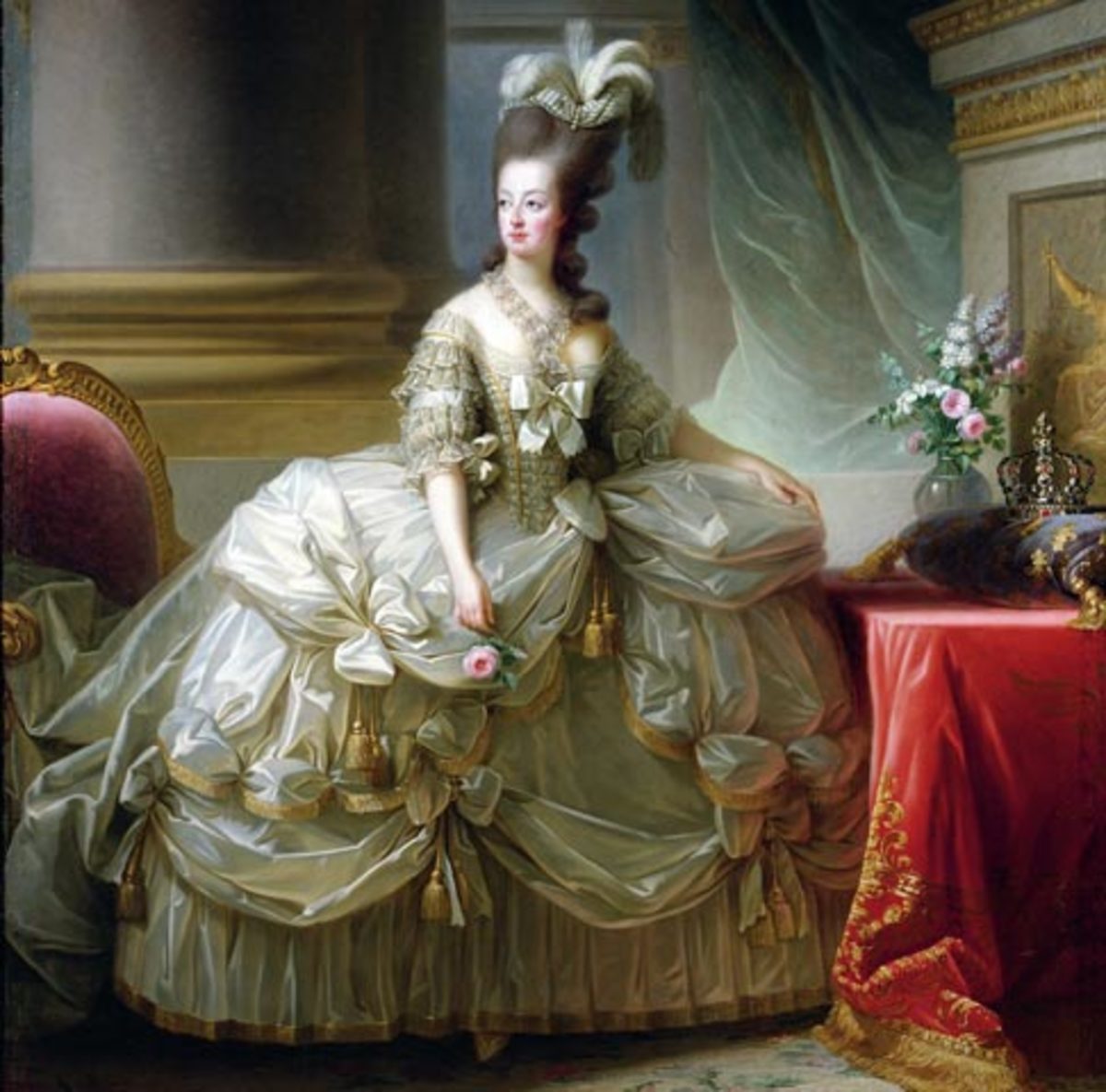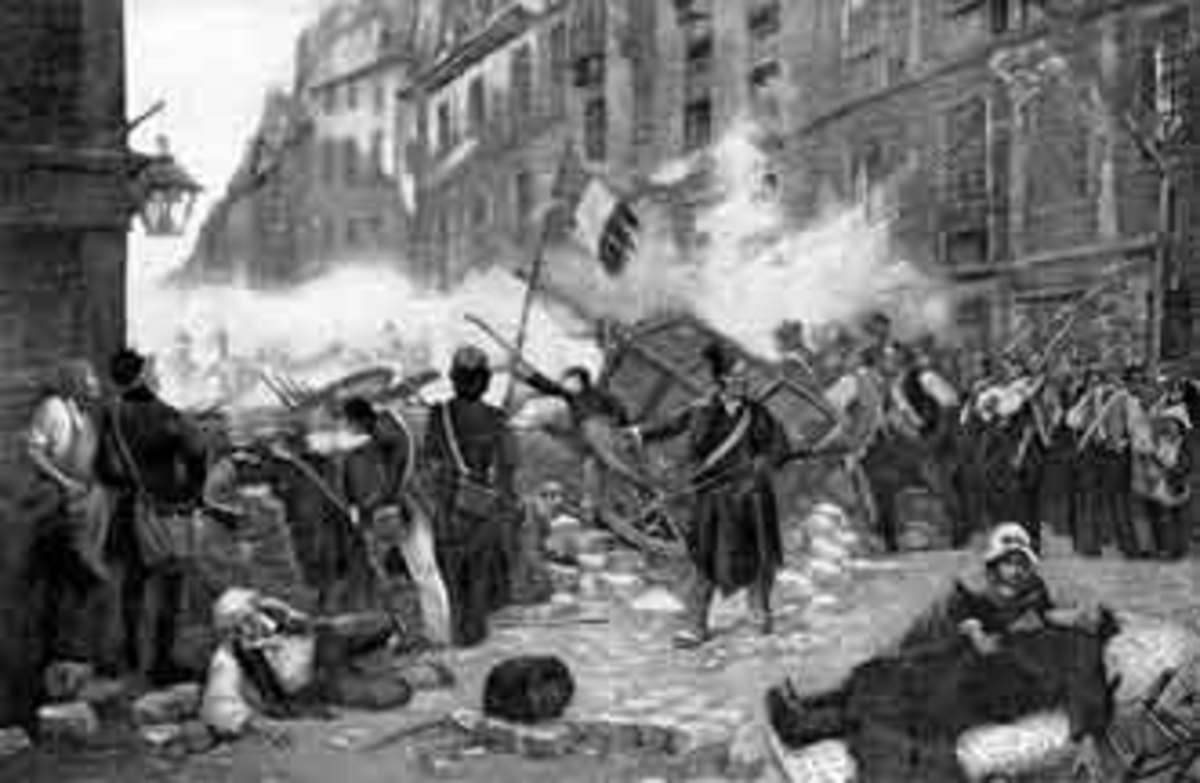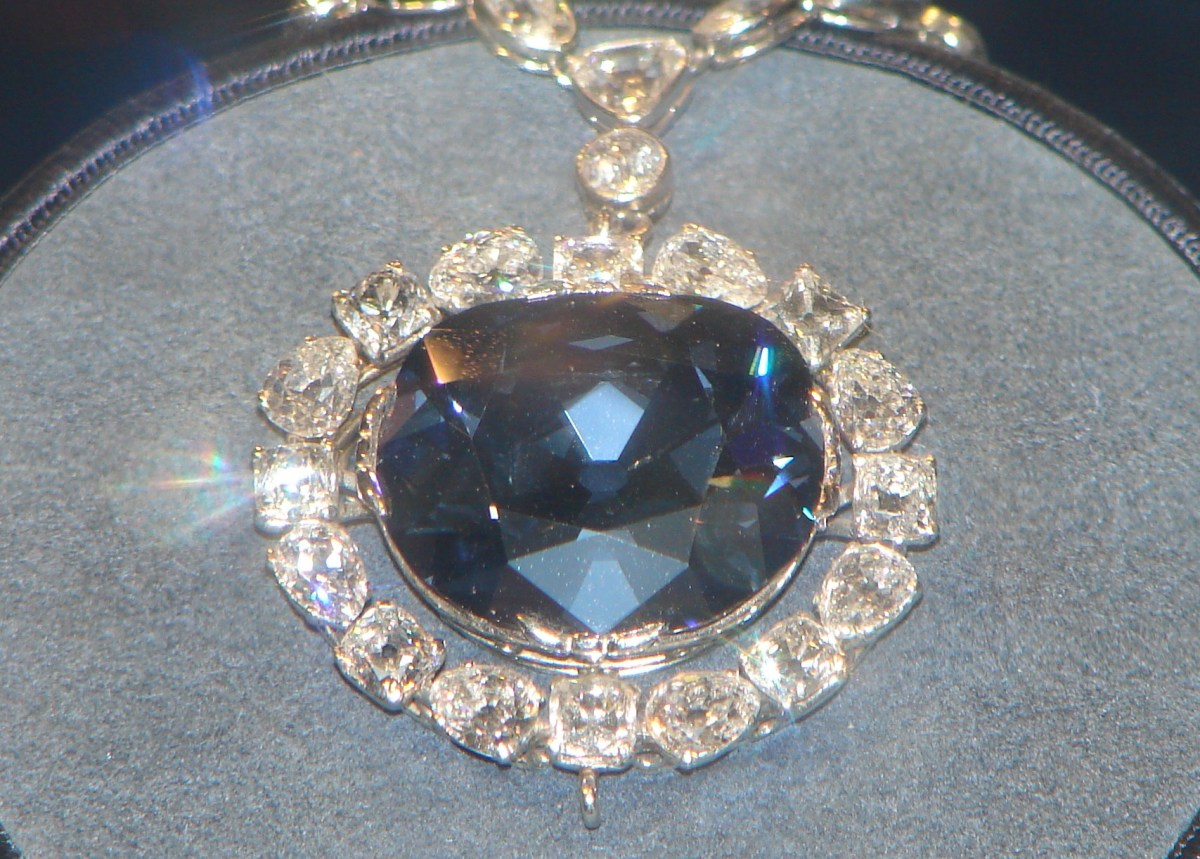All For One- Chapter Forty-Two

42. Richelieu’s Departure
In the days following Concini’s execution, for that is what it truly was, Louis asserted himself. He was the King and he was no longer going to allow his mother to make any policies. He ordered the Queen Mother exiled to the Château de Blois, and he was determined that all of her closest advisors would be removed from court. He made an example of Concini’s wife. Leodora was found stuffing money into her mattress. She was arrested and sent to Blois where she was imprisoned and accused of sorcery. She was beheaded and her body was burned at the stake on July 8, 1618 in the Place de Grève in Paris. Subsequently all of the Concinis’ chattel and estates, especially the castle of Lésigny and the palace of the Rue de Tournon were confiscated by the King and given to his favorite, the Duc de Luynes.
Bertrand de Batz-Castelmore d’Artagnan recovered from his wound, but he knew that his time in the military was through. He was getting old, and found that his injury impeded his ability to stand guard for long periods of time. He could no longer run like he used to, and every advance shot pain through his leg. He decided that it was time to retire and return to his family. He was sad to say goodbye to his friends, but he bought an orange Beaunese sheltie by the name of Charlemagne and rode back to Artagnan in Gascony.
Across the Pyrenees, the Duke of Lerma fell out of favor with Feilipe III. He was driven from court because of the intrigues of his own son, the Duke of Uceda and the king’s own confessor, Aliaga. As the fortunes of Lerma fell, so did the fortunes of the Duke of Calderón. Lerma was a Cardinal, and was therefore untouchable, but his enemies targeted Calderón and did to him what they could never get to do to Lerma. Some believed that Calderón was responsible for the death of the Queen Margarita during childbirth some seven years before. They believed he knew witchcraft. He was also accused of murdering one Francisco de Juras. In January of 1620, he was tortured until he admitted to the murder. He lived in jail until Felipe III died. He was hung soon after.
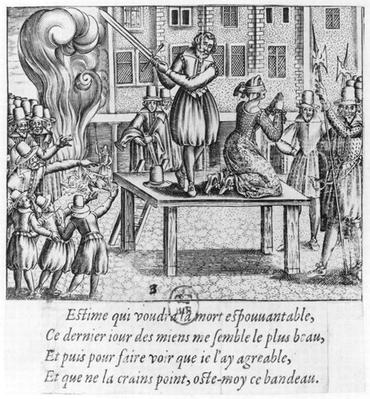
Across the channel, Buckingham’s fortune was much brighter. He rose through the peerage, becoming the Marquis of Buckingham in 1618 and finally the Duke of Buckingham in 1623. He became the second richest man in England, and remained the favorite of James I. Some say that he was secretly the King’s lover, but Queen Anne felt she knew better.
André continued in the king’s guard, but he was much more wary of the company he kept. He decided that he could make a little extra money by giving fencing lesson to bored members of the nobility.
Athos continued to drink. He was still upset over Marie’s union with de Luynes and slipped deeper into his alcoholic depression.
Louis considered the Comte de Tréville a close friend and he would consider his advice in military matters. One day, Tréville approached the King with an idea.
“Your majesty, I would suggest that we create a company of men, good loyal men. We can train and arm them in the use of these matchlock muskets. The can be used to supplement the cavalry.”
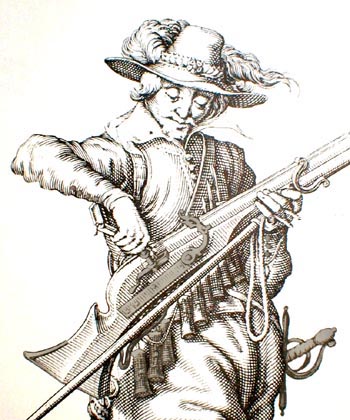
The king nodded. “The weapon was certainly useful. What do you plan to call these men?”
Tréville shrugged. “Something simple,” he said. “Men with muskets. Musketeers.”
The King nodded. “I like the idea, Tréville. Recruit the men you think. Train them. Do not discriminate by class. Just find the best.”
If life was good for Louis’ courtiers, it was best for the Duc de Luynes. In addition to receiving all of the Concini’s property, he was appointed captain of the Bastille and lieutenant-general of Normandy. In September of 1618, Charles de’Albert, Duc de Luynes, married Marie de Rohan-Montbazon, daughter of Hercule, the Duc de Montbazon. Soon after, Louis named Marie the surintendante of Queen Anne’s household. Athos did not attend the ceremony. Afterwards, Louis appointed Henri de Tallyrand, the young Comte de Chalais as the master of his royal wardrobe. The appointment was a suggestion from his Queen.
One day in 1618, de Luynes asked to see Bishop Richelieu.
“How well did you know Concini?’ he asked Richelieu.
“I got to know him after I arrived here,” Richelieu said. “I tried to convince him to implement a lot of new ideas, but he was thickheaded.”
“Yet he recommended you for the position,” de Luynes said.
“I should hope so,” Richelieu said. “I am the most qualified.”
“The King is beginning a fresh start,” de Luynes explained. “To that end, he is removing anyone loyal to his mother.”
Richelieu nodded. “Understandable. I think it’s a good idea.”
“I’m glad you agree,” de Luynes said. “You are being replaced.”
“Replaced?” Richelieu said. “Why?”
“As I just said, the King is going to start anew. Charles, the Duc de la Vieuville, will be taking your place.”
“But I am not loyal to the Queen Mother. I am loyal to France,” he said.
“You must understand, the King does not have a personal problem with you or they job you have done,” de Luynes said. “He suggests that you retire to Avignon. Perhaps write a little.”
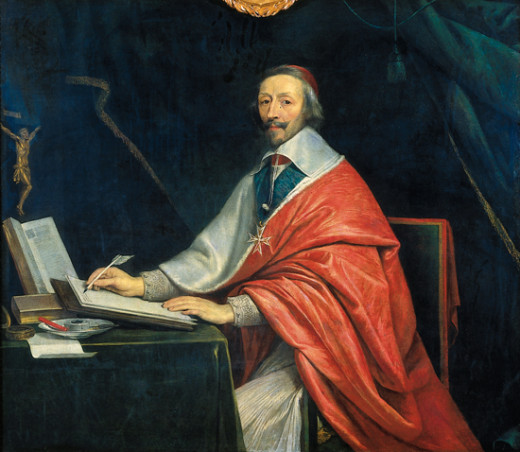
“I want to hear that from the King,” Richelieu said.
“That will not happen,” de Luynes said. “I want you to understand something. The Kings says your dismissal is not personal. However, it is personal for me. I can not prove anything, but I think you know more than you’ve said. I don’t trust you, Richelieu, and more than that I just don’t like you.”
Richelieu stared back. “Be careful, de Luynes. People fall out of favor all the time. You could end up just like Concini.”
He walked to the door and turned. “When the King needs me, he’ll know where to find me. Oh, and de Luynes,” he said. “Look to your wife. I have a feeling she’ll be more trouble than she’s worth.”
With that final word, Richelieu walked back. He thought about the events that led to his dismissal. Had the assassins succeeded in killing de Luynes, he would have been successful. But all was not lost. He was still alive, and his two best operatives were alive and well. This was only a temporary setback. He would be back.
One day not long after, a young, handsome Jesuit acolyte arrived in Paris. He was not yet a priest, but it was one of his goals to some day become an abbé. His name was René d’Herblay, and he soon started giving lessons on the Bible to young Parisian women. Soon after, a colossal young man named Isaac du Vallon arrived in Paris with the purpose of joining this new company of men called the Musketeers.
And across the channel, Anne de Breuil, also known as Sabiné du Luçon, also known as Gabrielle de Montpellier, built a new life, waiting for her return.
TO BE CONTINUED…
(Well hey, that was my novel- I have about a third of the next one written- titled One For All, of course, but I haven't worked on it in a while. I deals with Athos meeting Porthos and Aramis, and the three becoming close fiends. Milady's adventures in England and Richelieu's return to power. There's also historical events like the Defenestration of Prague and things like that. Maybe someday, I'll finish it. Who knows.)
Previous Chapter
- All For One- Chapter Forty-one
The penultimate chapter in the Three Musketeers prequel

